On 26 June CORDEX Africa held a strategic meeting online with 20 persons attending, all involved in the CORDEX Africa community in different ways. The objectives for this meeting were to outline priorities for future activities and make a draft master plan for the coming years.
Several topics to address were defined such as the need to strengthen the assessment of observed climate trends in Africa and the need for attribution studies on high impact events across the African regions to distinguish whether they are driven by climate change or not. Moreover, CORDEX Africa can address regional climate risks and vulnerability in various sectors and support decision makers. This underlines the necessity to develop a strong connection with the VIA community in each African region. Strengthening the practice of artificial intelligence could also be an opportunity for downscaling in the CORDEX Africa community.
Besides the scientific discussions the new North African team presented themselves and part of the meeting was also dedicated to the planning of an in-person/hybrid workshop, planned to be held in 2025. There is a need for a CORDEX Africa workshop/conference to continue the discussions and define future directions for the CORDEX Africa community and also to connect with other actors. The organization of this workshop will proceed and when more details are set the information will be spread within the CORDEX community.





